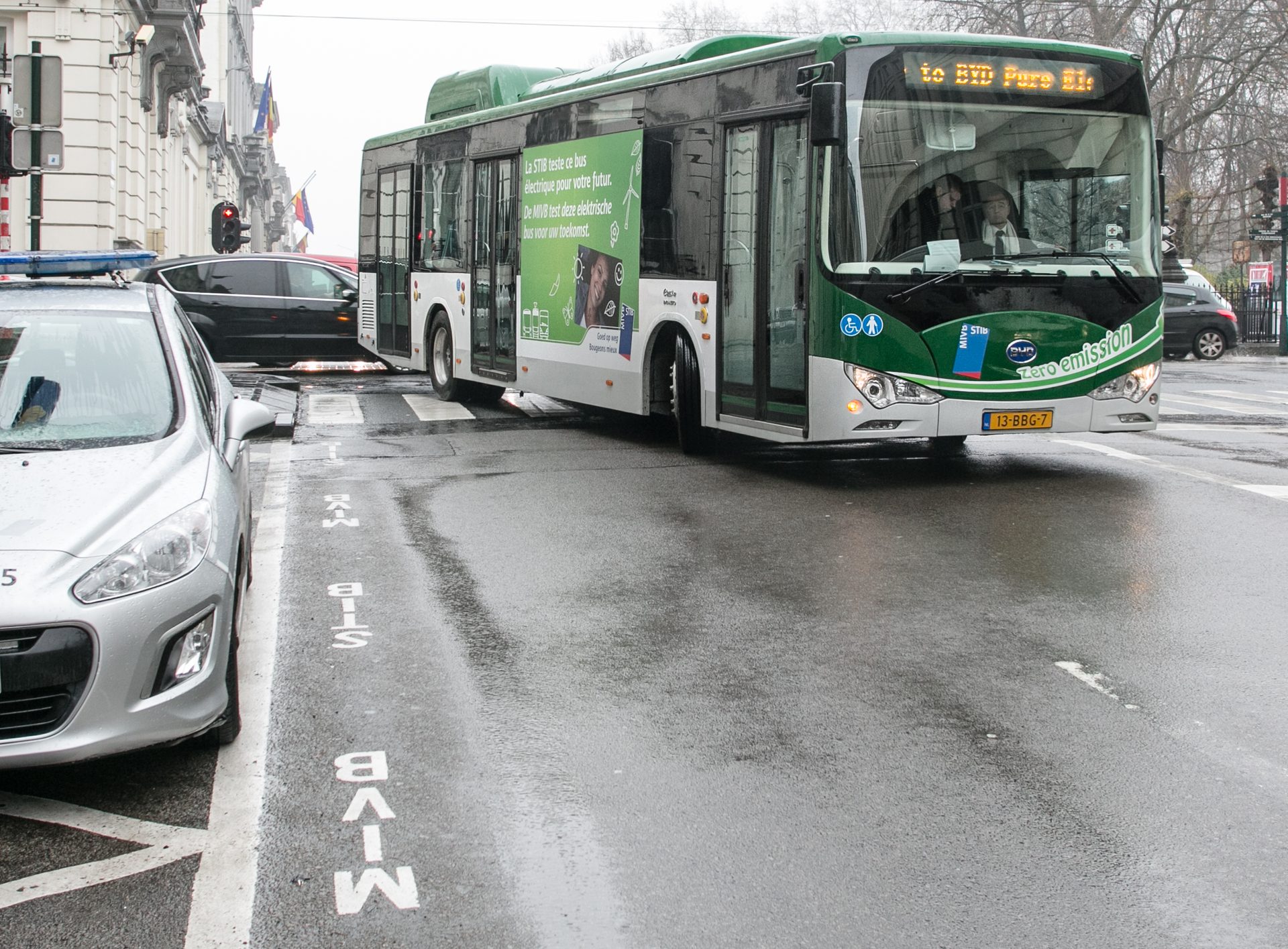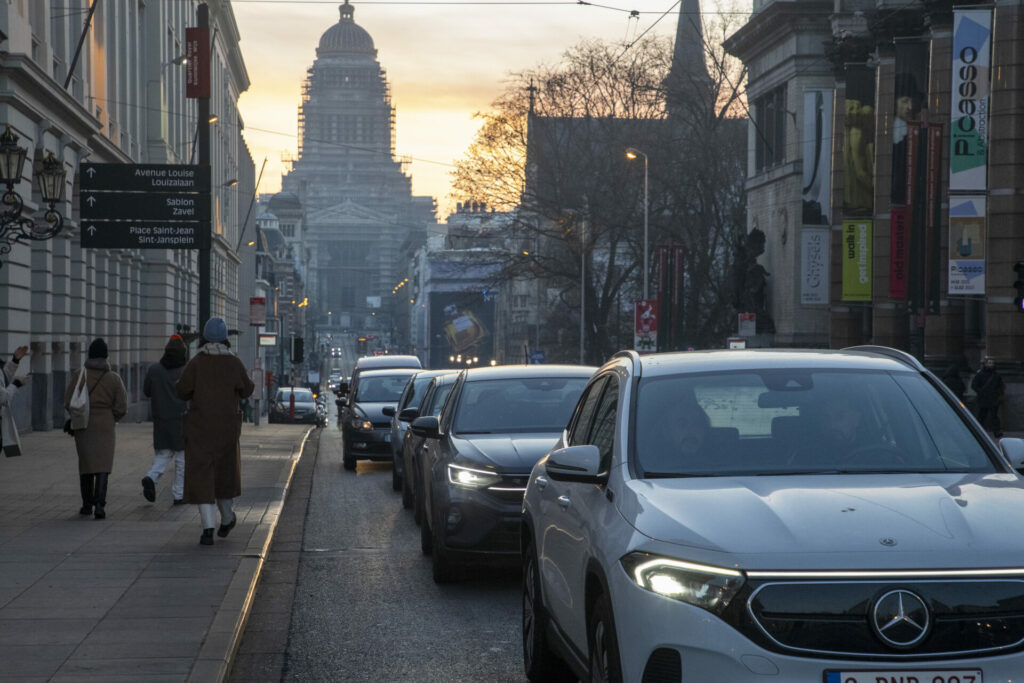While some Belgian cities included in a ranking for clean and shared mobility have performed moderately, more improvement is needed at a time when progress is moving in the wrong direction.
Clean Cities, a European coalition of over 80 NGOs working to promote zero-emission urban mobility, ranked 42 cities, including Brussels, Ghent, Antwerp and Liège, on the basis of their deployment of zero-emission public or shared transport solutions.
Belgium's capital fell short of making it into the top 10 by ranking 11th, closely followed by Antwerp (12th place). Ghent was ranked in 18th place while Liège finished in 36th place.
To establish the ranking of cities, the NGO looked at four criteria: the proportion of electric buses in the public transport fleet, the availability of e-scooters and bicycles, measured in relation to the number of inhabitants, the availability of shared electric cars and the number of public recharging infrastructure.
U-turn on improvements
Brussels ranked in third place when it comes to the number of shared bikes and e-scooters per person (more than 20 per 1,000 inhabitants).
However, the report already highlighted that the recent decision made by the Brussels-Capital Region to limit the overall number of shared e-scooters to 8,000 (down from the current number of around 21,000) from next year will have a downward effect of -39.5% on the score.
Last summer, Brussels implemented strict measures to curb the nuisance caused by e-scooters, forbidding people under the age of 16 from riding an e-scooter and making riding in pairs and on pavements illegal, however, many aspects of the decree were difficult to implement in practice, highlighting the need for these tougher rules.
Despite currently having one of the highest proportions of shared electric bicycles and scooters, Brussels fell in the rankings due to its low proportion of electric buses (a score of 1.2 out of 10).
Electric buses were first brought into service in the second half of 2018, but they still represent only a negligible proportion of the fleet (only 4.3% of STIB buses are fully electric to date). This figure is likely to rise after Brussels public transport operator STIB placed an order for 70 Evobus electric buses this year, which it will be put into service in 2024.
However, in response to the report, the NGO Les chercheurs d'air issued a reminder for need to decarbonise buses in the Brussels region with much more urgency, arguing that with the slow development, full electrification of the fleet is not expected before 2035.
"STIB buses covered more than 30 million kilometres in 2022, a figure that is likely to increase in the years to come. Their diesel engines are therefore responsible for a significant proportion of the pollution we breathe in Brussels. We are asking the STIB to speed up the electrification of its fleet," Pierre Dornier, Director at Les chercheurs d'air, said.

One of STIB's electric buses riding in Brussels. Credit: Belga/ Olivier Vin
"This technology not only makes it possible to combat air pollution effectively but also noise and CO2 emissions. It's a matter of public health and a climate emergency."
Despite the shortcomings, the capital fairs better than other Belgian cities in this respect, especially compared to Liège, which has no zero-emission buses. The Walloon city also has no system in place for shared electric cars, which further contributed to its low score.
The Flemish cities of Ghent and Antwerp were among the few cities, including class champions Copenhagen and Oslo, to get full marks (10/10) for the deployment of public charging stations, following the region's accelerated efforts to make charging points available.
The report's authors also called for European citites to offer more shared bikes, scooters and EVs options to "unlock the full potential for an alternative urban mobility system" and, therefore, make it easier for people to ditch their cars.


